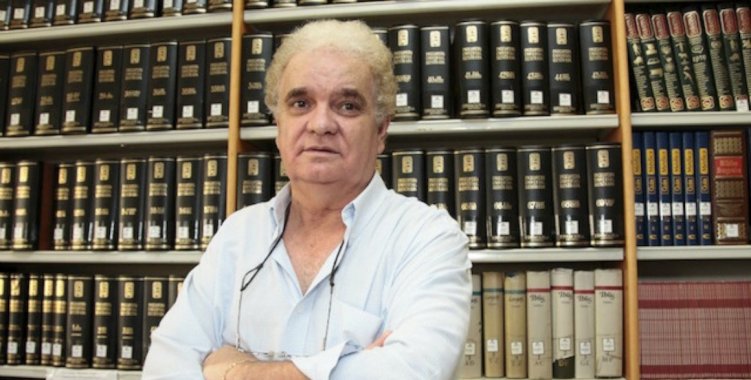"With an unemployment rate of 32 per cent this can be equivalent, for certain productivity levels, to a loss of GDP growth of around seven, or eight, or nine million dollars a year. (...) And if to this unemployment rate we add the youth unemployment rate, which rose to 57 or 58 percent, according to the latest data from INE, this is a catastrophe" for the Angolan economy, said the also associate professor at the Catholic University of Luanda.
Another problem is that "when a country has a high unemployment rate of 32 per cent, and this is the latest estimate by INE [National Institute of Statistics] in its information sheet for the first quarter of 2020, this has direct and immediate implications, which can be prolonged in the medium and long term on the ability of households to consume. And private consumption is an important variable in the Gross Domestic Product," the economist pointed out in the 'webinar' on "Covid-19, Challenges and Opportunities for the Angolan Economy," an online conversation promoted by BAI Bank - Banco Africano de Investimento.
Alves da Rocha recalled that some countries, such as Portugal after the 'troika' intervention, have achieved economic growth thanks to private consumption.
On the other hand, the country's exports, once an important factor in economic growth, are no longer so. "It was mostly oil exports. Because Angola doesn't export anything else," he stressed.
And the country, according to Alves da Rocha, lost the opportunity to diversify its economy when it was "swimming in dollars, like an 'uncle paws'".
Also when linking unemployment to education, he considered that there is "another important fact" to retain from the statistics of the INE of Angola, is that of that percentage of unemployed young people "there are approximately 50 per cent who neither study nor work", pointing out that they may be in a situation of poverty.
In Angola, "monetary poverty, according to the latest data from INE is 41 percent and multidimensional poverty, according to United Nations data: "we are talking about 52 percent.
All this to conclude that Angola "has two factors that weigh in a tremendously negative way on one of the factors of growth of the economies that is the consumption of families".
Factors that are even more "penalised by high inflation rates and the process of currency devaluation".
Thus, "Angola, which since 2015 is in economic recession" which has no private investment, where the state also has no money to make investments, will hardly achieve growth in coming years, he considered.
Lawyer and former PSD leader Luís Marques Mendes, who also participated in the same online conference, considered that Angola is experiencing "a perfect storm" and argued that the country should consider creating public-private partnerships to boost the economy and generate employment.
"Angola is experiencing a perfect storm", with three crises, the one of oil and the pandemic of covid-19, said Marques Mendes, who participated this Wednesday as 'partner' of Abreu Advogados.
"A solution worth reflecting on and debating is the idea of why not Angola go ahead with PPP, public-private partnerships," he said.
In practice, these are partnerships between the State and private groups that "at a time when the State has difficulty in having the resources to invest or (...) to create financial incentives" can be "an opportunity to make an investment today, to do work today, to boost the economy and to create jobs", said the lawyer, stressing that the State pays a part of this investment.
The 'webinar' also included the participation of journalist and economist Carlos Rosado de Carvalho, CEO of Vovó Xica Paulo Pinto de Andrade, CEO of Moniz Silva International José Moniz da Silva, CEO of Fazenda Pérola do Kikuxi Elizabeth dos Santos, and CEO of Bai Luís Lelis.







